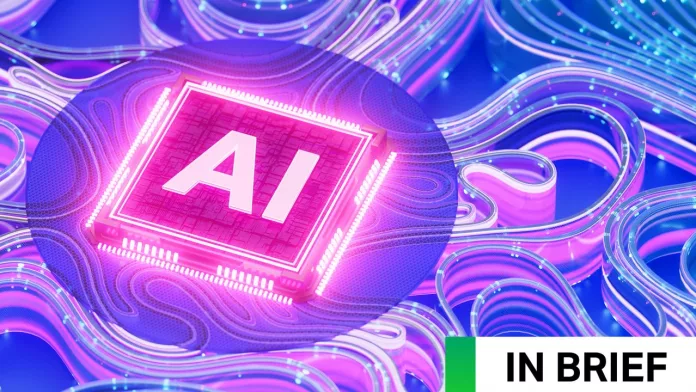Code reviews, the critical peer assessment process ensuring that software code meets quality standards, have long been a bottleneck for development teams. With up to five hours a week spent on these reviews, they can drain resources and detract from other important tasks. However, Harjot Gill, co-founder and CEO of CodeRabbit, believes there’s a more efficient way forward through the power of artificial intelligence.
Gill, who previously held the position of senior director of technology at Nutanix, is no stranger to the tech world. He joined Nutanix following the acquisition of his startup, Netsil, in 2018. Alongside him is Gur Singh, the co-founder of CodeRabbit, who brings experience from leading development teams at Alegeus, a healthcare payments platform. Together, they are on a mission to transform the way code reviews are conducted.
CodeRabbit’s platform uses AI models to analyze code and provide developers with feedback that goes beyond simple syntax corrections. According to Gill, the platform’s “advanced AI reasoning” allows it to “understand the intent” behind the code, delivering feedback that is “actionable” and “human-like.”
“Traditional static analysis tools and linters are rule-based and often generate high false-positive rates, while peer reviews are time-consuming and subjective,” Gill explained. “CodeRabbit, by contrast, is an AI-first platform.”
While the idea of AI-powered code reviews is appealing, the technology’s effectiveness is still under scrutiny. Industry experts have noted that AI tools, such as those using OpenAI’s GPT-4, can generate numerous false positives, catching minor issues while missing more critical errors. A recent experiment by Greg Foster of Graphite revealed that even with fine-tuning, these AI tools struggled to perform at the level of human reviewers. This sentiment is echoed by a Stanford study that highlighted the potential for AI-generated code to introduce security vulnerabilities, raising concerns about the reliance on automated tools.
Despite these challenges, Gill remains confident in CodeRabbit’s potential to streamline the code review process. The platform is already in use by around 600 organizations, and several Fortune 500 companies are currently piloting the technology. This growing interest is backed by substantial financial support. CodeRabbit has just secured $16 million in a Series A funding round led by CRV, with additional investments from Flex Capital and Engineering Capital. This brings the company’s total funding to nearly $20 million.
The fresh capital injection will be used to expand CodeRabbit’s team and enhance its product offerings. Key areas of focus include integrating with popular platforms like Jira and Slack, improving security vulnerability analysis, and developing AI-driven analytics and reporting tools. Gill also revealed plans to establish a new office in Bangalore, as the company aims to double its team size.
Looking ahead, CodeRabbit intends to push the boundaries of AI automation in software development, introducing advanced features for dependency management, code refactoring, unit test generation, and documentation creation. As the company scales, it will be fascinating to see how its AI-first approach impacts the software development landscape and whether it can overcome the hurdles that have tripped up similar efforts in the past.


